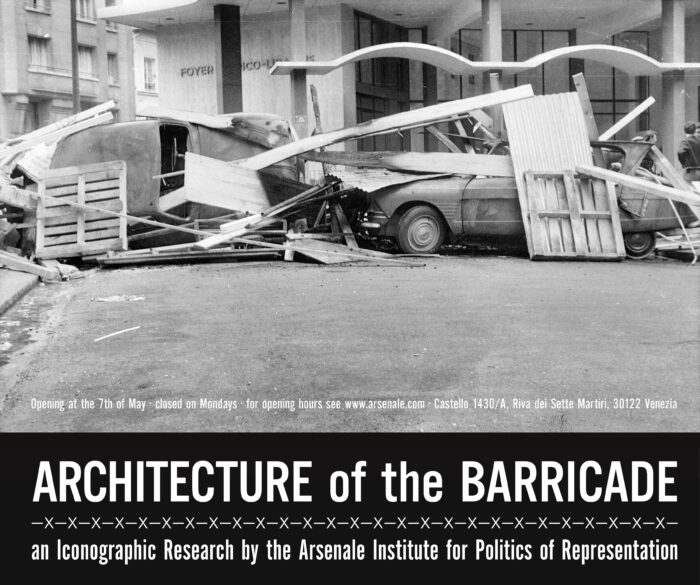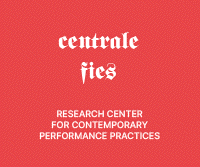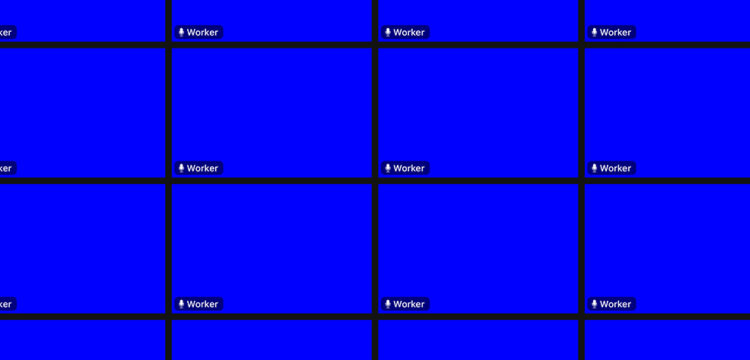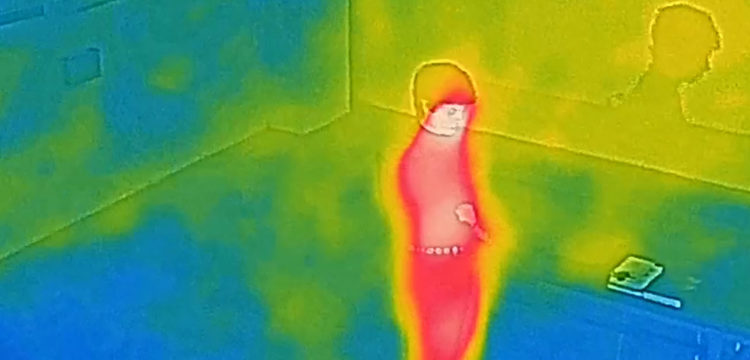NO
Art is not an innocent field.
A kit to take with you in case of sudden restart of the art system in the post-pandemic world. First published in Italian on Monday June 15th, 2020.
How are we? Good, not really, no.
On Monday June 15th, theaters and performative art centers are reopening. At all costs? At what cost? Restart, sure but how? To be honest, we never really stopped producing artistic matters, be it for entertainment, or for depth, or pure narcissistic pleasure—always in 2D. Now that the carbon got back to feed the engine and everything will go back as before, I can imagine that some will be sitting in first class, some in the second whilst some others will keep running behind.
If before, 10 were working out of 100, now we will be even fewer: who’s alone on stage? Who has the most flexible format? Who’s got a name? Surely those who will be able to adapt their labor. And the rest? What will happen to them without any public fund nor income measures?
So well, no. No to labor at all costs, no to making without conditions. At least I’d like to say no if others have no choice, if many remain unheard. I’d like to say no, but I don’t wish to be alone.
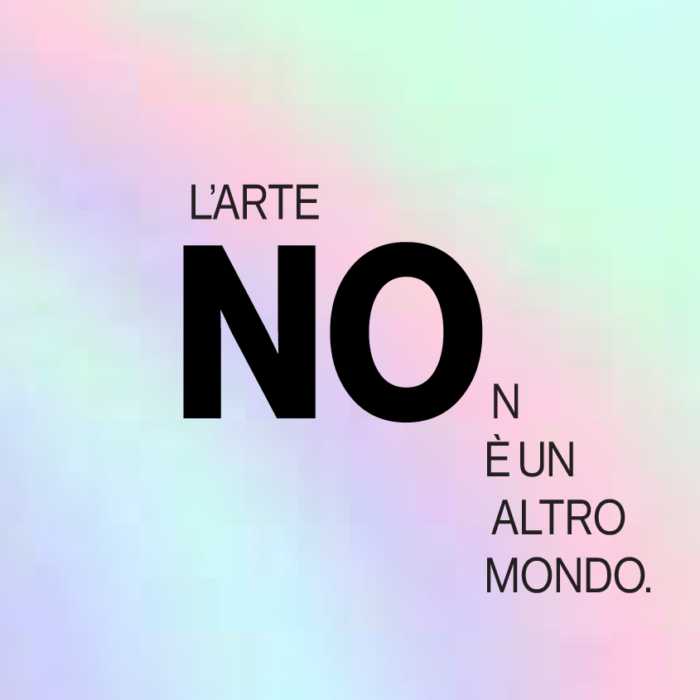
The virus is a body entangled with other (non-)human bodies—it teaches me that to speak of it in corporative terms is not useful at all. Art labor is not an exception, it is not better than others, it doesn’t deserve more. I’d rather have no rights nor recognition, when they’re founded on exclusivity—we need no professional register nor sectorial categories.
The pandemic has triggered the most-ever visible crisis of care and all of a sudden, all reproduction labors have become indispensable: who takes care of the bodies of others; who delivers food at home, by bike, at the supermarket, in warehouses; who teaches; who takes care of children; who writes; who takes care of the household; invisible labor—the social, the sexual and the relational labor.
The art world is not another world.
It is not a world apart, we wouldn’t understand much, if we would remain aside, we would get nothing. What do you do for living? Only the artist? I work as interpreter, I do my own projects, I lead workshops, I do projects in schools and educational activities, I translate, I write, I work in a cafe, in a restaurant, for a catering company, I play music, I am a graphic designer, I am a waiter, a babysitter, a researcher, a technician. I am an artist too. Maybe the time has come for these worlds to rejoin. The time has come for a feminist eco-politics of the arts: the economy of those who make art is a composite economy—instead of hiding it, it could be the occasion to build alliances among ecosystems.
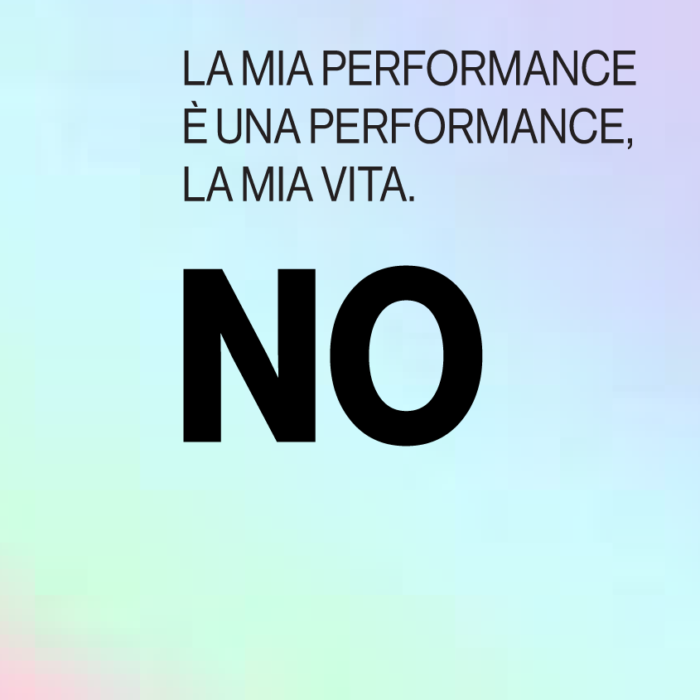
I wish that residencies and productions’ budgets in open calls and networks would be invested in research, because we don’t know anything about this time and if we don’t practice and go through it, we will be moving further and further away from the rest of the world. I wish this time would be invested into paid training for the whole technical compartment. Artistic production moves at slow pace—and might wish to be slower, so the market should respect this pace without imposing its own. Since we’re changing the theatre set up, removing seats and doing extensive disinfestations, why not to profit of this time to get the infrastructure up to security and accessibility standards to welcome all workers?
I wish this restart to be conceived not simply for able bodies, but for all those who needs some other caution and pace, for their body and mind. In the (post-)pandemic not all of us are as exposed and vulnerable, and asymmetries and inequalities become deeper: women, trans, non-binary, non-white, racialized, disable, “unhealthy” bodies don’t have an equal exposure as others.
I also wish that we could think not just about the athletic public, but about the public made of those who today can’t leave their house, and neither won’t they after June 15th. Whom are we performing for? Do we really want only privileged people to witness our work? Speaking of privilege, I cannot ignore the lack of access, inclusion and relation for black and racialized workers within the theatre, dance and performing art worlds in Italy today. I’ll keep on talking about it.
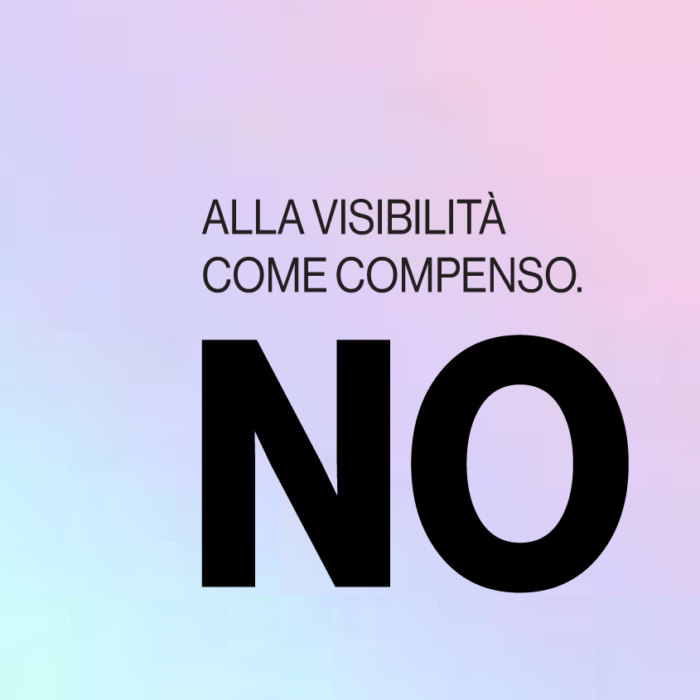
Always, and now more than ever, I’d prefer not to give my availability, my time, my economy, my ethical and political positioning, my health conditions for granted, without concern first. I’d prefer not to be involved into projects with a subtle blackmailing of urgency—please I don’t know what else to do, sorry it wasn’t planned, if you say no I’m in trouble—giving me no space for any arbitrary choice. I’d prefer not to fill in a form for an open call “compatible to the context caused by the conditions of the Covid-19 emergency,” because we can always make something up and we had that idea in mind already.
I’d rather focus on research and rehearsal, this year. Will all the theaters, the festivals, the research production and residency platforms, the closest—formal and informal—cultural institutions be able to afford this all? Will they be able to take care of each and everyone of us? Will they be able to take care of the whole production chain, of its inequalities, of the interrupted shows, of the cancellations, of the shows we couldn’t rehearse although they were scheduled, of the precarious pregnancy leaves in the post-pandemic world, of our unpaid rents, of our uncertainty towards the future, of the most fragile and exposed bodies, of the most vulnerable and marginalized bodies, of the most peripheral theatre companies?
We need income measures, we need to open, to move, to widen for each and everyone of us the boundaries of a welfare that’s too tight. We need practices of mutualism, because precarity, intermittence and blackmailing will grow more and more violent and exclusive in the post-pandemic crisis. We want art and culture to be public. We want the right to an income for all the unpaid labor we’re already doing, and we always did: we are not in debt, we’ve never been.
So shall we start over at all costs and pretend nothing has happened?
Well, no. I’d rather not.


